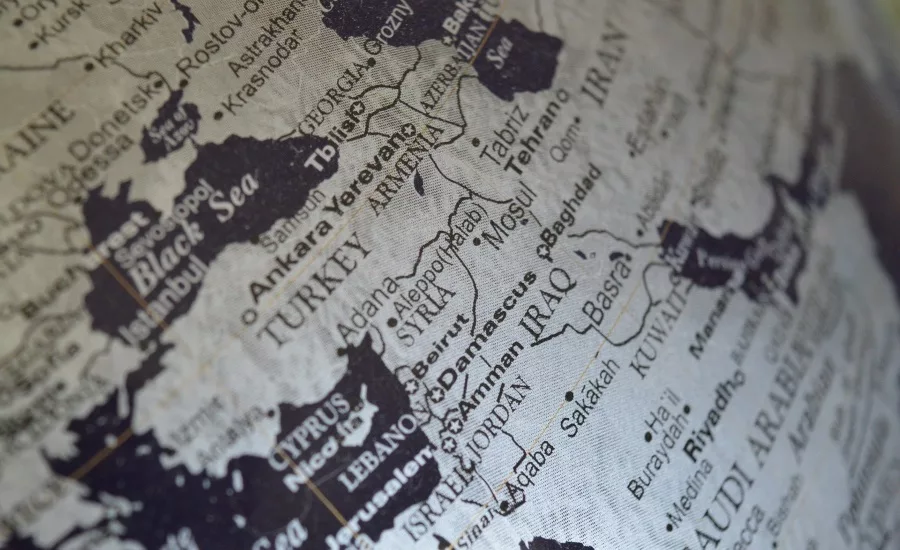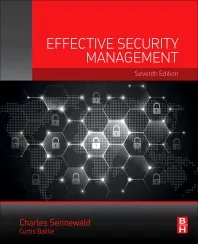Geopolitical threats: From the oracle of Delphi to an effective risk management process

On February 1, the Myanmar Armed Forces (Tamtadaw) deposed and arrested President Win Myint and State Counsellor Aung San Suu Kyi, dissolved the newly elected parliament and declared a state of emergency.
The action taken by the military did not take the international community completely by surprise. In the previous weeks, accusations of fraud by the Armed Forces had fueled fears of an action aimed at neutralizing the civilian component of the government, which emerged stronger from the elections held in November 2020, despite the failures of the previous mandate in terms of reforms, management of the discontent nurtured by the country's ethnic-religious minorities and economic policies.
The clear affirmation of the National League of Democracy may have pushed the military to make an action of force, in order to preserve their political and economic interests from further and more decisive attempts at reform by the new executive. On the other hand, despite the transition initiated in 2011 by the Armed Forces themselves, the weight of foreign investment is still relatively limited (about $5.7 billion in fiscal year 2019-20), due to bureaucratic obstacles, reputational risks and weak legal protections still guaranteed by the current legislation. China, Singapore and Japan represent the main foreign investors in the country, while the presence of Western companies is still very limited.
The well-known Swedish clothing company H&M, which has been present in Myanmar for a number of years, reacted to the coup with a statement in which it declared that it was carefully monitoring the evolution of the situation before eventually opting to leave the country. Although the attention of international public opinion for the political events in Myanmar seems, at the moment, limited, it is not excluded that this situation could change even suddenly, especially in the case of a further increase in the number of victims of the repression by the Armed Forces. Fears of possible reputational repercussions have already pushed the Japanese company Kirin Holdings (producer of beer) to terminate its joint-venture with Myanma Economic Holdings Public Company Limited, an economic conglomerate directly controlled by the Armed Forces. Other companies have declared the suspension of their investment plans in the country, foreseeing the adoption of new sanctions at an international level.
According to data published by the Austrian organization Center for Systemic Peace, from 1946 to 2018 there have been at least 851 coups d'état carried out, attempted or planned in the world, almost 12 per year. Although such events have become rarer in recent years, what happened in Myanmar and, a few years earlier (2014), in neighboring Thailand, highlights the need for those operating at the international level to systematically monitor so-called 'political risks'.
Coups d'état represent one of the most striking declinations of this kind of risk. However, other types of events, often less visible but nevertheless likely to have a significant impact on business, fall into this category.
For some months now, the solar energy sector has been affected by ethical controversies in a remote region of China: Xinjiang.
Located in the west, on the border with Central Asian countries, Xinjiang is inhabited by a large Muslim community that has been complaining of discrimination and abuse by the central government for years. Although it is still one of the poorest regions of the country, Xinjiang is at the center of development policies conducted by Beijing, both for its strategic geographical location and for the wealth of raw materials.
It is in Xinjiang that most of the silicon used to make photovoltaic panels is produced; according to Bloomberg estimates, about 45% of global polysilicon supply chains come from this region of China.
Although Chinese authorities have always rejected accusations of exploitation of cheap labor through the creation of forced labor camps that would count about one million people, we are seeing increasing pressure from the U.S. Congress and the European Parliament. In fact, the new Democratic majority in Congress is set to pass legislation banning the importation of goods from the Xinjiang region unless forced labor is proven not to be exploited. Similarly, members of the Legal Affairs Committee of the European Parliament have asked the Commission to introduce an import ban on products linked to "serious human rights violations".
At the international level, there is, therefore, a growing trend to introduce increasingly stringent ethical and reputational audits in relation to the entire production chain of goods. As an example, back in 2017, France adopted a law imposing a legal obligation on companies to undertake human rights due diligence in their operations and supply chain. As a result, French companies that employ at least 5,000 employees in France, or at least 10,000 employees worldwide, have an obligation to put in place, disclose, and implement a due diligence plan. Under French law, human rights due diligence extends to the activities of the company, as well as the activities of its subsidiaries and the companies it directly or indirectly controls, but also to the activities of subcontractors and suppliers with whom the company maintains an "established business relationship." In the event of non-compliance, interested parties may seek an injunction ordering the company to establish, implement and publish a monitoring plan, accompanied by sanctions for persistent non-compliance.
International pressure on China's human rights record would also be driven, at least partially, by a general tendency to relocate production processes within national borders. In the case of solar energy, the objective of the European institutions would be to gradually overcome the consequences caused by the removal, in 2012, of the tariffs previously adopted against China, favoring an increase in domestic production.
Due to the economic consequences produced by the COVID-19 pandemic, we are witnessing, not only at European level, a resurgence of instances attributable to the phenomenon of so-called "economic protectionism/nationalism", often motivated by reasons relating to national security (as in the case of the "golden power"), health (with reference, for example, to the production of anti-COVID vaccines), etc.
This trend is intended to consolidate further in the coming months and will inevitably have consequences on the international economic environment, making it necessary for private operators to carry out systematic and capillary monitoring activities aimed at minimizing risks or, at least, limiting possible impacts.
The gradual overcoming of the health emergency will also cause possible after-effects in the social sphere, encouraging a general resurgence of protest movements (fueled by economic conditions in overall deterioration), with potential negative consequences on the political-institutional stability, not only of countries traditionally characterized by poor governance (such as Lebanon and Pakistan), but also of economically more advanced nations with a more established democratic tradition.
Political risks therefore appear destined to increasingly influence business dynamics. However, a decisive change of course is needed, first and foremost from a cultural point of view, so that a general tendency to relegate these phenomena to a substantially marginal dimension in company risk management processes is definitively overcome, often due to their apparent inscrutability.
In ancient Greece, political decision-makers used to turn to the priestesses of the temple of Delphi to obtain prophecies useful for defining actions and strategies to adopt in order to face challenges that were sometimes of an existential nature. In the corporate sphere, this role should now be covered by a Chief Geopolitical Officer, i.e. a figure capable of orienting business choices, disentangling himself from the numerous variables that characterize the international context. Not an oracle in the strict sense of the term, but rather a professional with transversal skills and the necessary mental flexibility, hopefully reporting directly to top management.
The ability to put political risks at the heart of decision-making processes will be increasingly important in determining the success of future business strategies, so it is important to be prepared.
Looking for a reprint of this article?
From high-res PDFs to custom plaques, order your copy today!




.webp?height=200&t=1639514808&width=200)

